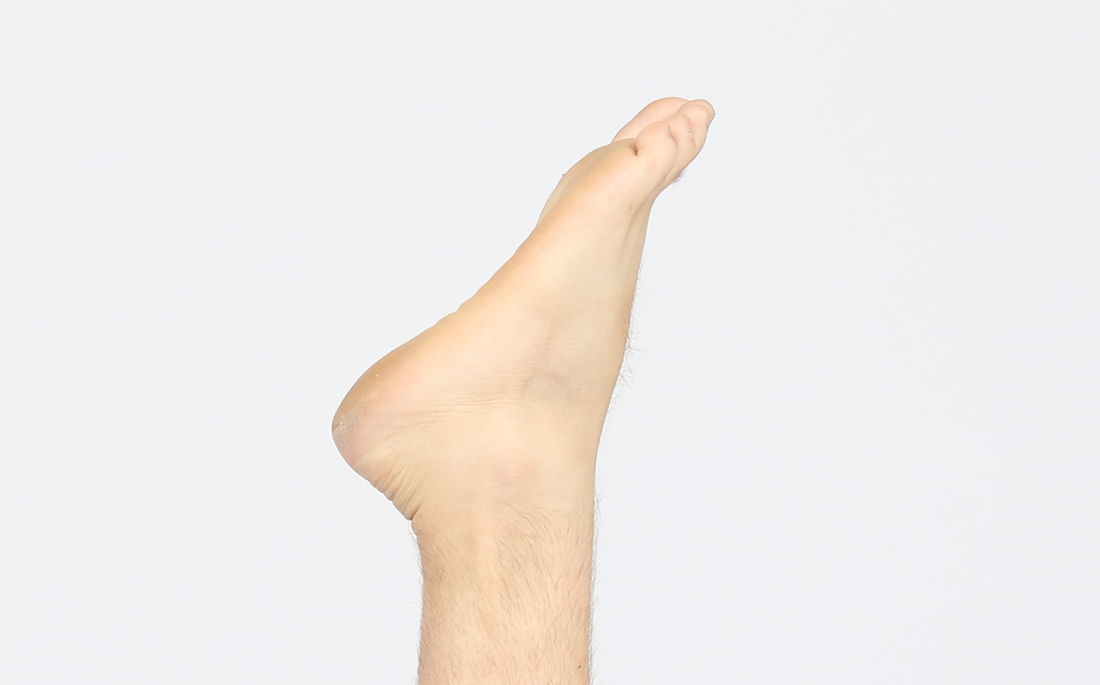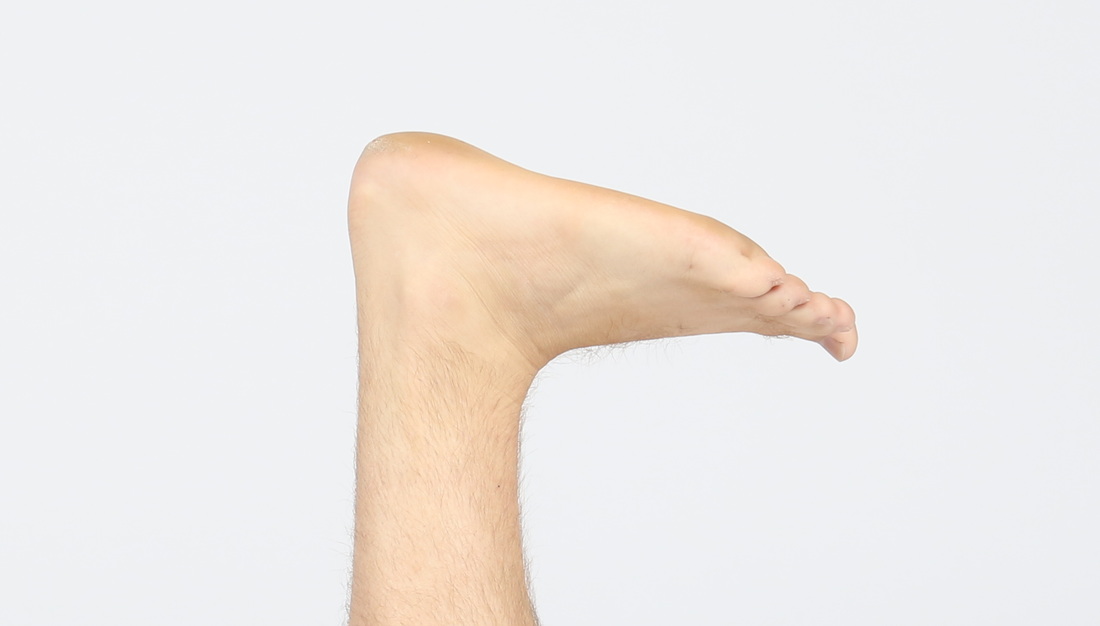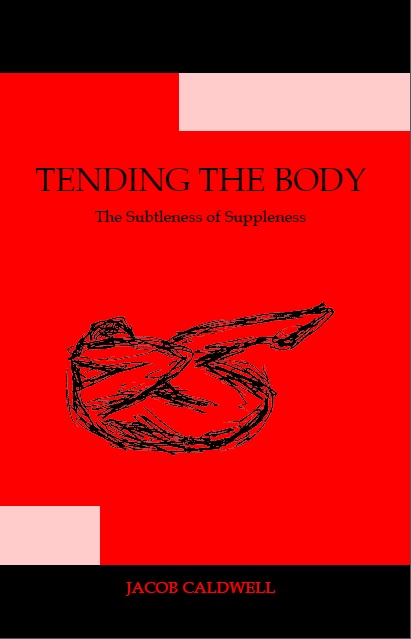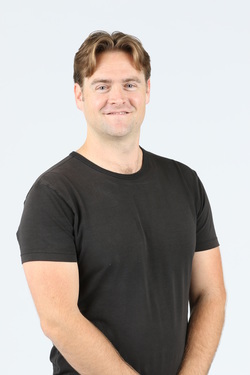It's no wonder then that our calves and our Achilles Tendons are often extremely tight, and that once we develop a problem in the calves it can be difficult to calm them down. It's because these poor tissues are always working for us that they never really get a break.
Tightness and irritation in the calves affects the entire body. When the calves don't work well, everything else has to work more. Our knees get overloaded. Our low back gets overworked, and even our arms and neck muscles can be affected. Many aches and pains throughout the entire body can result from calf and Achilles Tendon problems.
Certainly, massaging the calves (gently!) and stretching them (gently!) can help. But what they really need isn't more work. What they need is relaxation. The calves need some time off!
One very simple thing we can all do for our calves in order to help give them some time off is to simply lie face-down on the ground (placing pillows under the stomach if the low back is uncomfortable with this), bend one knee, and do very small and very slow ankle pumping motions. This motion moves the foot slightly closer and then slightly farther away from the ground. Spend about a minute doing this, and the repeat on the opposite side. The calves appreciate not having to work hard for a moment, and they appreciate the attention.
| This is small and slow movement is called a Subtle Movement. I discuss the details of Subtle Movements in my new book: Tending the Body. In this book I discuss the desire for suppleness and how we can all move toward it. Subtle Movements, such as the one above, are extremely important tools for taking care of our bodies, which is the real topic of Tending the Body. It presents a radically different approach to working with the body, an approach that is gentle and based on giving the body attention instead of trying to 'fix' it. Your calves will appreciate this Subtle Movement, especially if you practice it once per day for a number of days in a row. I recommend spending the month of February doing this. See how not only your calves, but your entire body responds. |




 RSS Feed
RSS Feed
